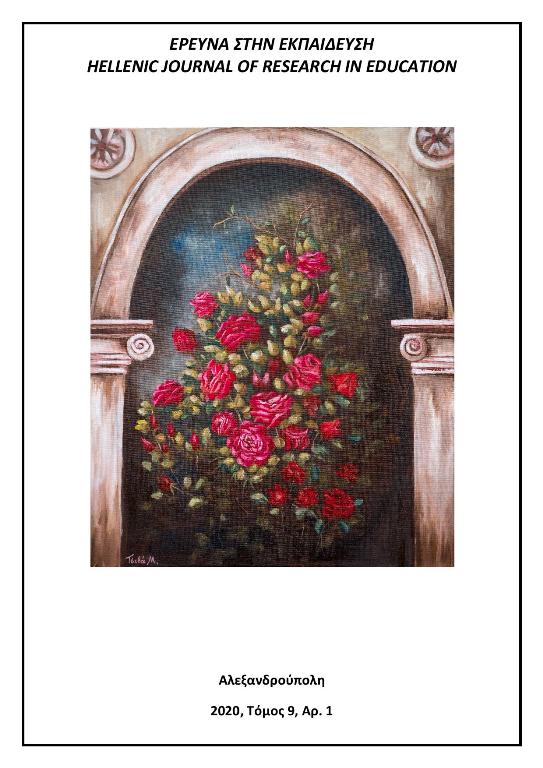Investigation of high ability academic underachievement based on the Achievement Orientation Model

Abstract
Performing below potential in school, also known as ‘academic underachievement’ describes a complex phenomenon which may affect students of all cognitive and learning ability ranges and especially high ability students. Underachievement has been often reported as a common issue among educational settings. However, there is still poor research regarding Greek underachieving students. Both the limited investigation of underachievement and the factors that may influence it, and the absence of specific methods of identifying high ability underachievers has led to lack of efficient interventions to prevent or reverse the pattern of underperforming. In this regard, this study aims to identify high ability underachievers and examine the relationship between underachievement and a series of attitudes to towards school based on the Achievement Orientation Model. For the purposes of the research, 519 students from 7 public secondary schools with mean age of 13,7 years participated. Analyses showed that 76 students were underachieving, whilst 15 of them were also displaying high cognitive and learning abilities. Further analysis demonstrated that underachievers tended to differ by typical achievers and overachievers in terms of their motivation and self-regulation. Much more, poor goal valuation, motivation and self-regulation were found to be linked with the severity of underachievement. The results may contribute to further understanding underachievement and designing proper interventions for its prevention and reversal.
Article Details
- How to Cite
-
Μπελογιάννη Β., & Ζμπάινος Δ. (2020). Investigation of high ability academic underachievement based on the Achievement Orientation Model. Hellenic Journal of Research in Education, 9(1), 125–139. https://doi.org/10.12681/hjre.22952
- Issue
- Vol. 9 No. 1 (2020)
- Section
- Articles

This work is licensed under a Creative Commons Attribution-NonCommercial-ShareAlike 4.0 International License.
Authors who publish with this journal agree to the following terms:
- Authors retain copyright and grant the journal right of first publication with the work simultaneously licensed under a CC-BY-NC-SA that allows others to share the work with an acknowledgement of the work's authorship and initial publication in this journal.
- Authors are able to enter into separate, additional contractual arrangements for the non-exclusive distribution of the journal's published version of the work (e.g. post it to an institutional repository or publish it in a book), with an acknowledgement of its initial publication in this journal.
- Authors are permitted and encouraged to post their work online (preferably in institutional repositories or on their website) prior to and during the submission process, as it can lead to productive exchanges, as well as earlier and greater citation of published work (See The Effect of Open Access).


